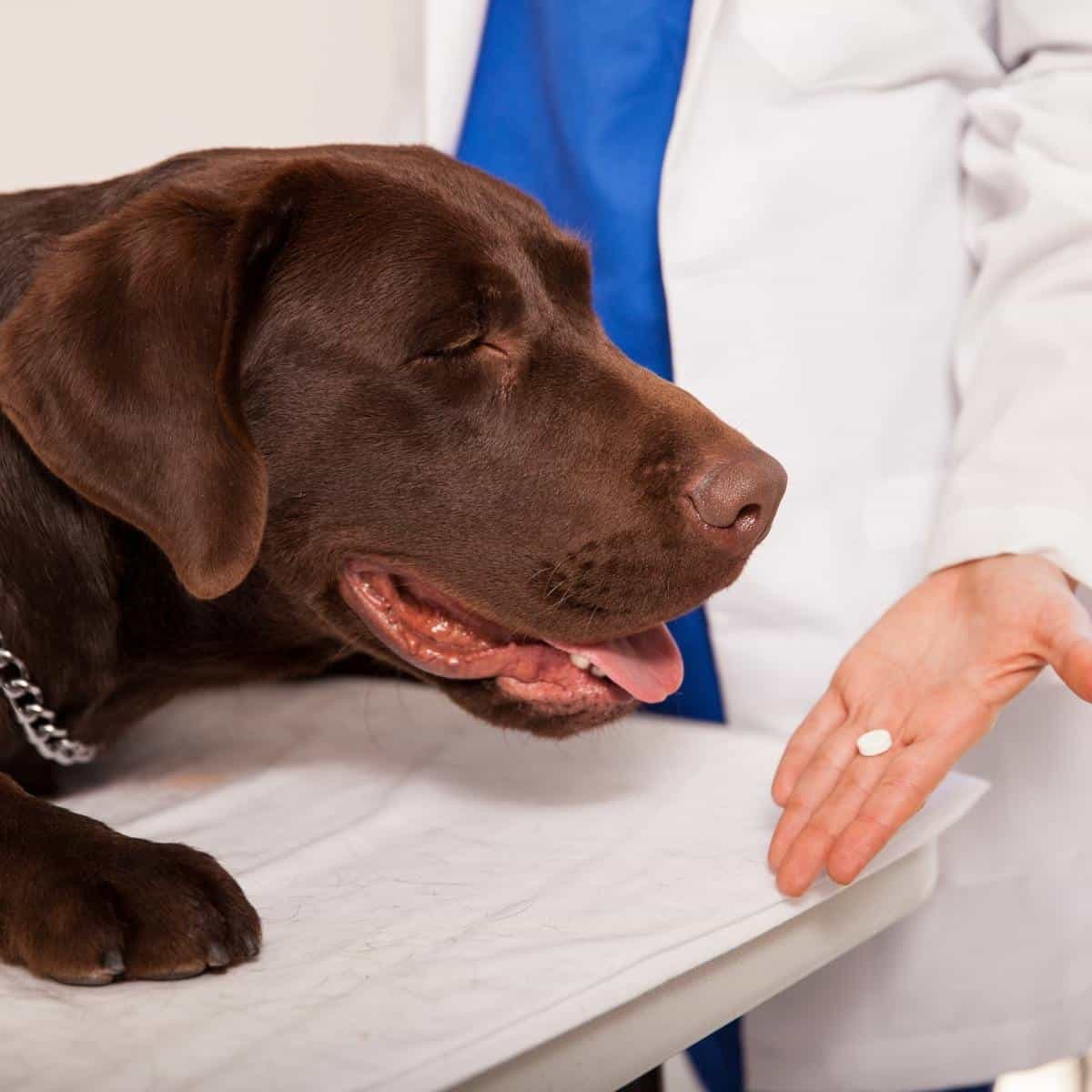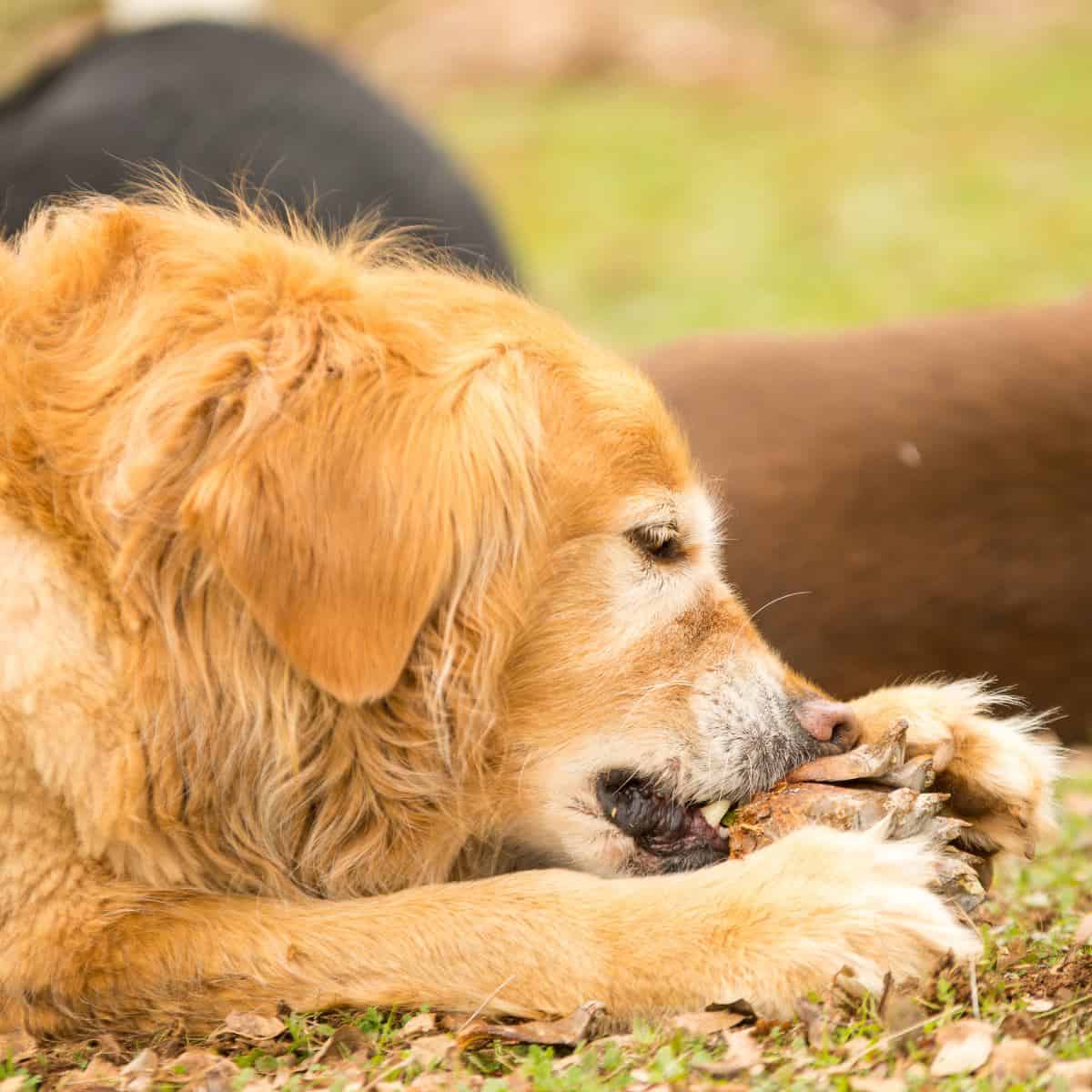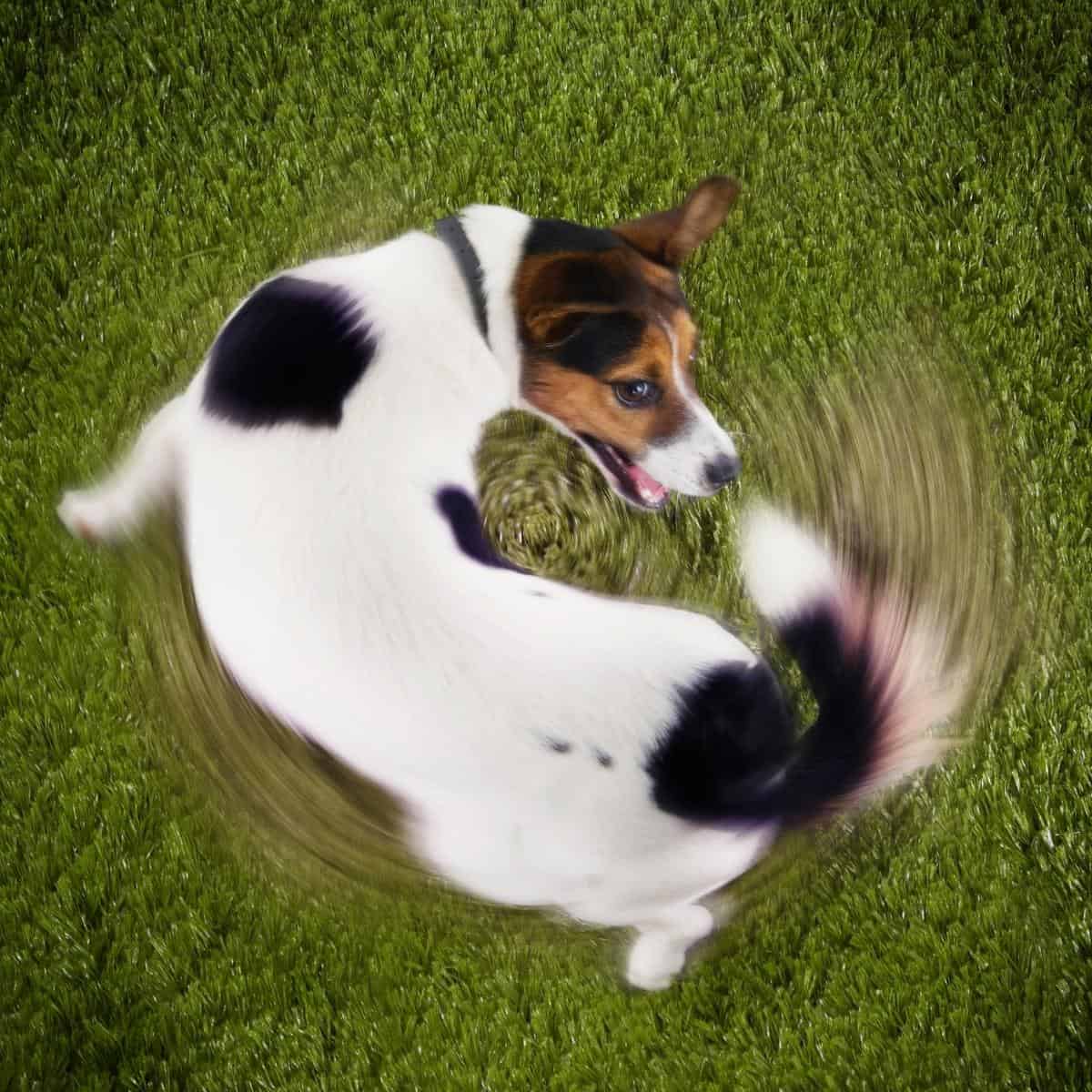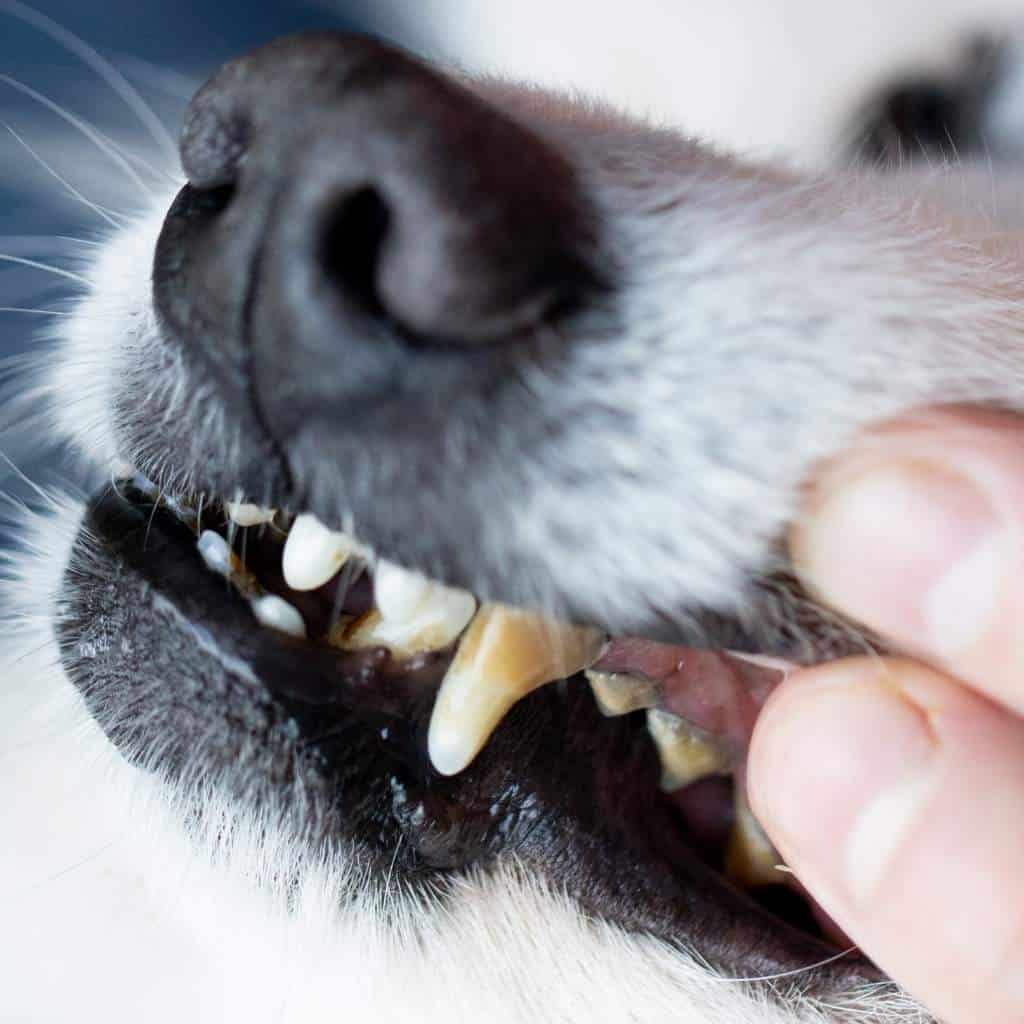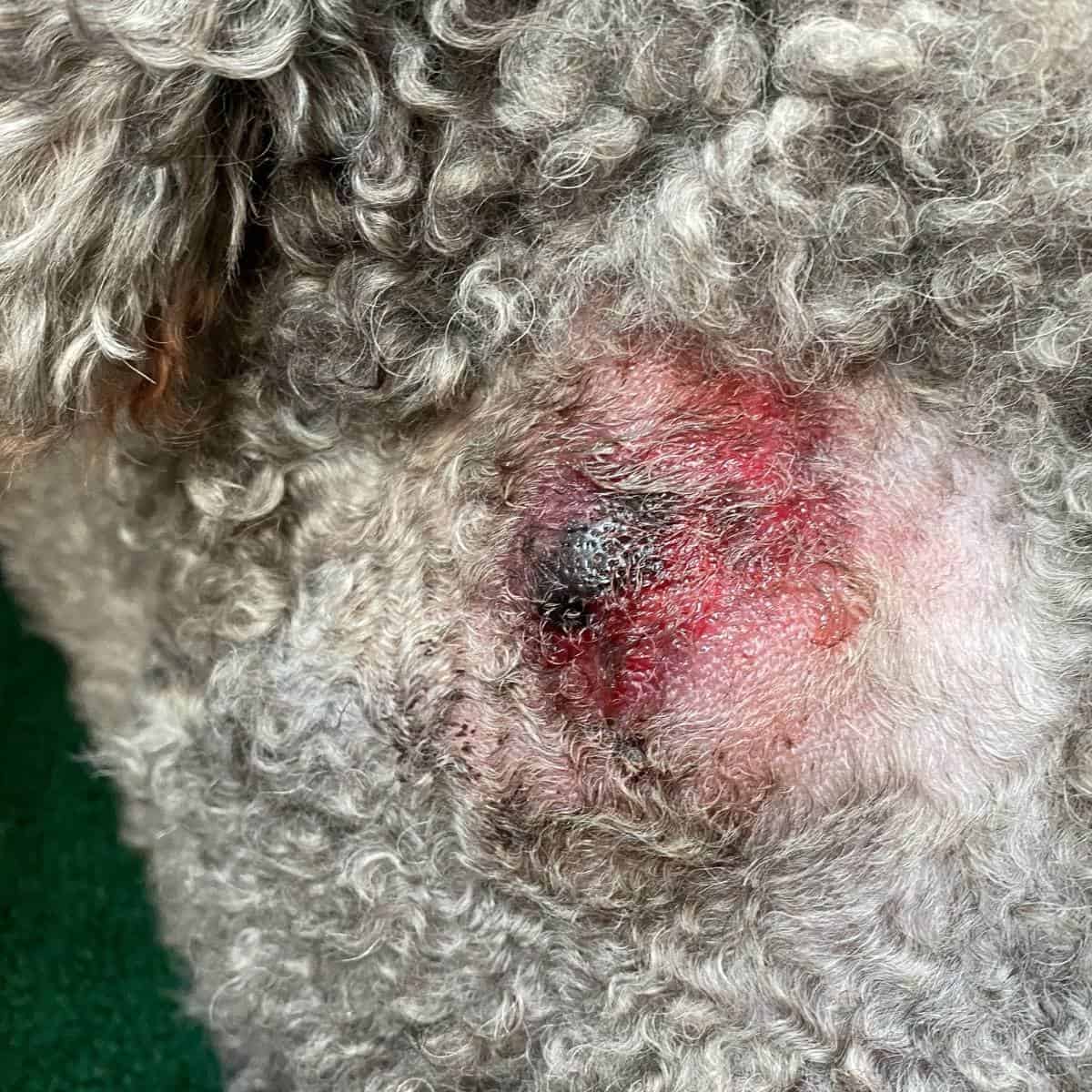When to Take the Cone Off Your Dog After Neutering
Learn when to take the cone off your dog once he has been neutered! Plus our best tips for pooches who don’t like wearing the collars and alternatives.
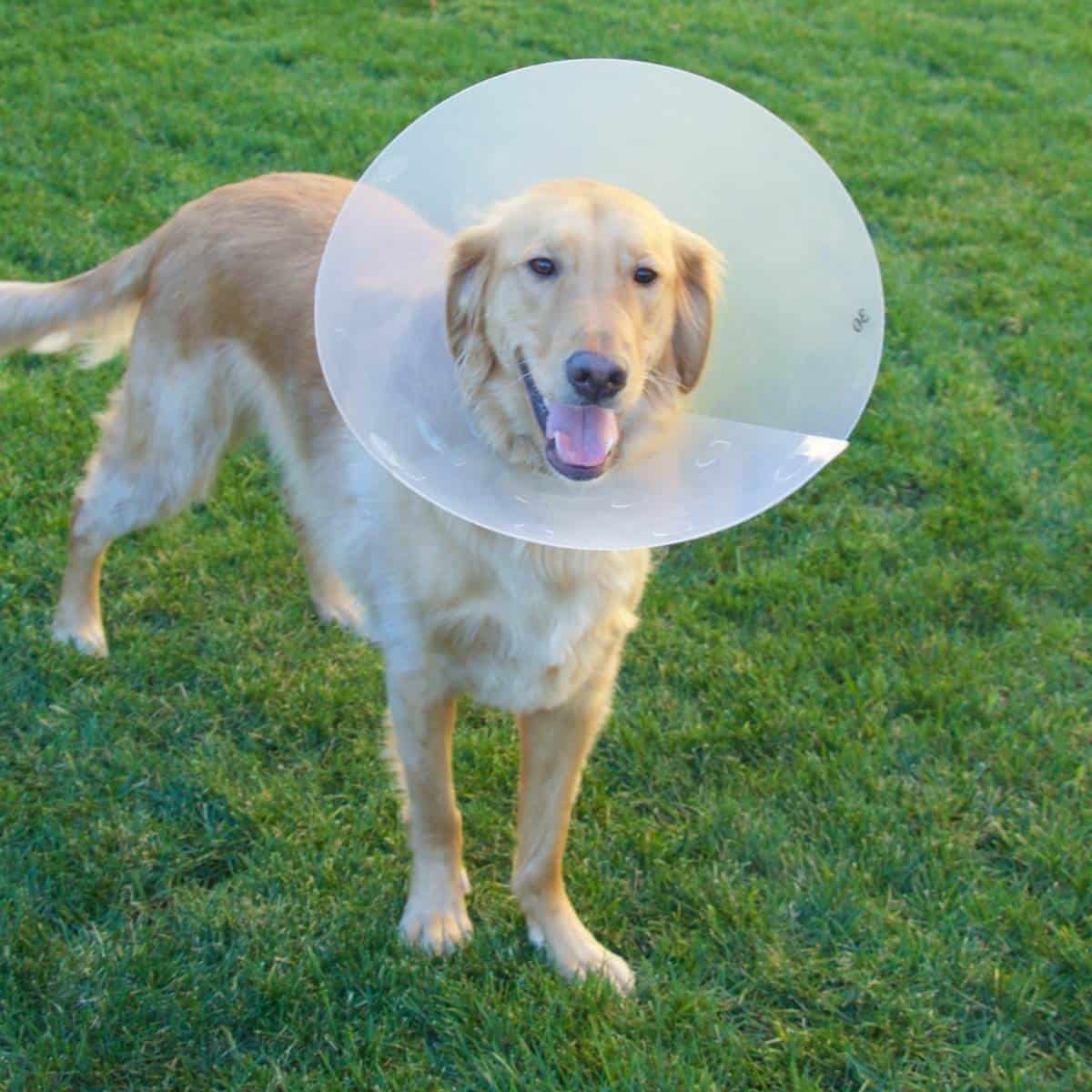
If you don’t plan to breed your dog, neutering is important for his health and safety. While it offers your dog many long-term health benefits, your dog will need time to rest and recover in the short term.
Neutering is a routine procedure, but it’s still a surgery that requires anesthesia and stitches to close the wound. Because of this, your pup will need to take it easy for two weeks, limit his activity, and take necessary precautions to keep the incision safe while it heals.
Do Dogs Need a Cone After Neutering?
While your dog might not love to wear his cone, an Elizabethan collar is necessary for your dog’s recovery.
Your dog’s incision was closed using dissolvable stitches and surgical glue. If either of these gets wet before they’ve had proper time to heal, the wound could open, leading to another trip to the vet and a potential infection.
The cone prevents your dog from licking or biting at his wound. As the incision heals, it may start to itch, tempting your dog to scratch and bite at the wound even more. The Elizabethan collars keep your dog’s incision dry and safe from prying teeth so they can heal properly.
How Long Should My Dog Wear a Cone After Neutering?
Your dog will need to keep the cone on throughout his entire recovery process, typically for 10-14 days.
It should stay on during all of your dog’s usual activities, especially if you can’t supervise his behavior. This means the cone should stay on while they’re eating, sleeping, going for a walk, or just relaxing at home.
The cone will take a few days for your dog to get used to, but the longer your dog wears it, the quicker they’ll adjust.
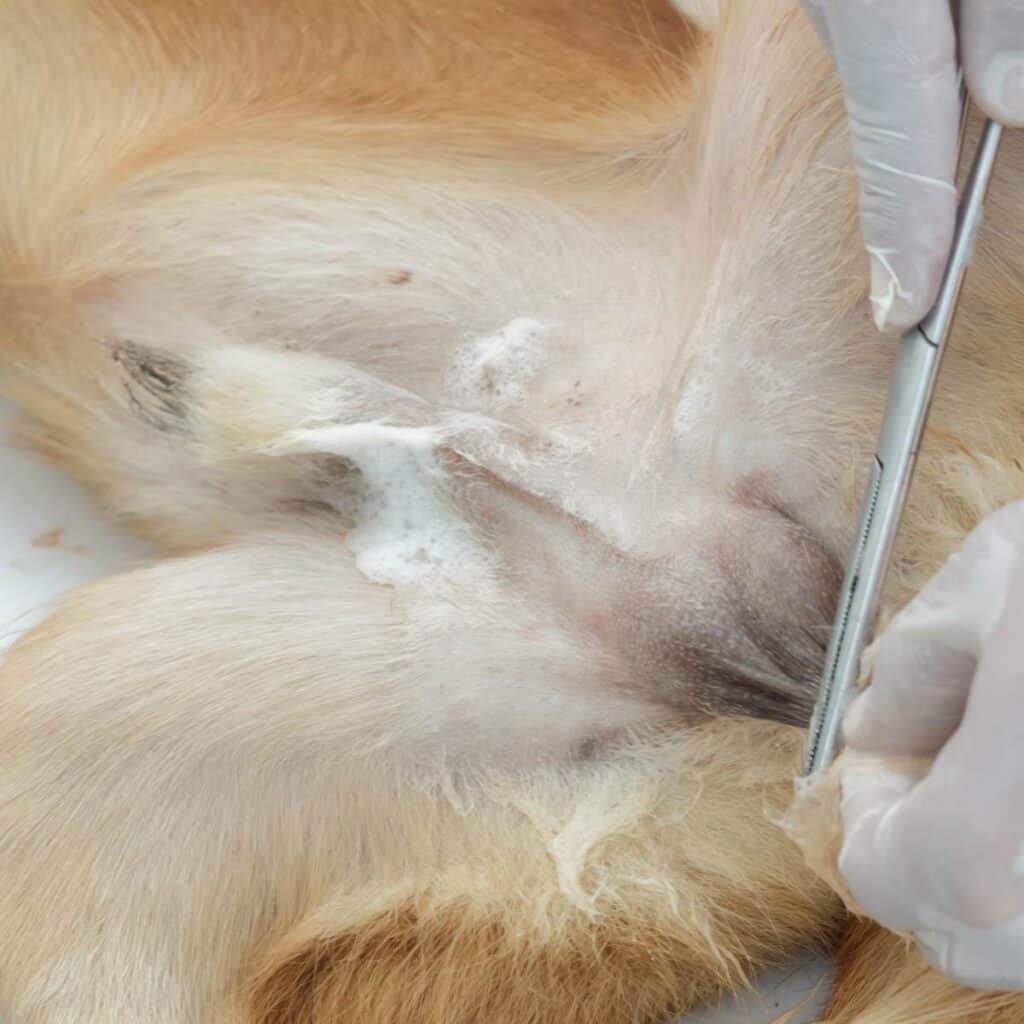
How Do I Comfort My Dog After Neutering?
After your dog is neutered, they’ll take about two weeks to get back to his normal, active self. During that time, the best thing that you can do is keep your pup relaxed and safe.
Here are several other things you can do to keep your pooch comfortable after being neutered.
Create a Private, Comfortable Place to Relax
Especially in the first few days after your surgery, your dog will be recovering from the anesthesia, potentially feeling some pain from the surgery, and trying to manage his stress after a long, scary day.
With all of those emotions and symptoms, your pup is going to need lots of rest. Put a comfortable bed or your dog’s crate (with a comfortable bed inside of it) in a dimly lit, quiet room.
It’s important that your dog has a comfortable place to lay so they can relax without harming his incision.
Give Your Dog the Prescribed Medications
Your vet will send you home with prescription pain medications to help with your dog’s recovery. Follow the vet’s pain management plan exactly and give your dog the medication as prescribed to help prevent pain.
Luckily, after 2-3 days, the pain will subside, and your dog will start to feel more like his normal self. In the meantime, however, the medication can help your dog feel more comfortable.
Check Your Dog’s Incision Daily and Watch for Complications
One of your main roles in your dog’s recovery, besides helping him to relax, is to make sure they stay safe, and his incision heals properly.
Check the incision site on your dog’s scrotum twice a day for any noticeable changes, discharge, swelling, or damage. While some swelling and discharge is normal in the first few days, you should call your vet if you notice any outside of that initial time frame.
You should also keep an eye on your dog’s behavior and any sign of surgery complications. These signs can include:
- Refusing food
- Sluggishness
- Changes in breathing rate
- Pale gums
- Vomiting or diarrhea
- Pain
- Difficulty using the bathroom
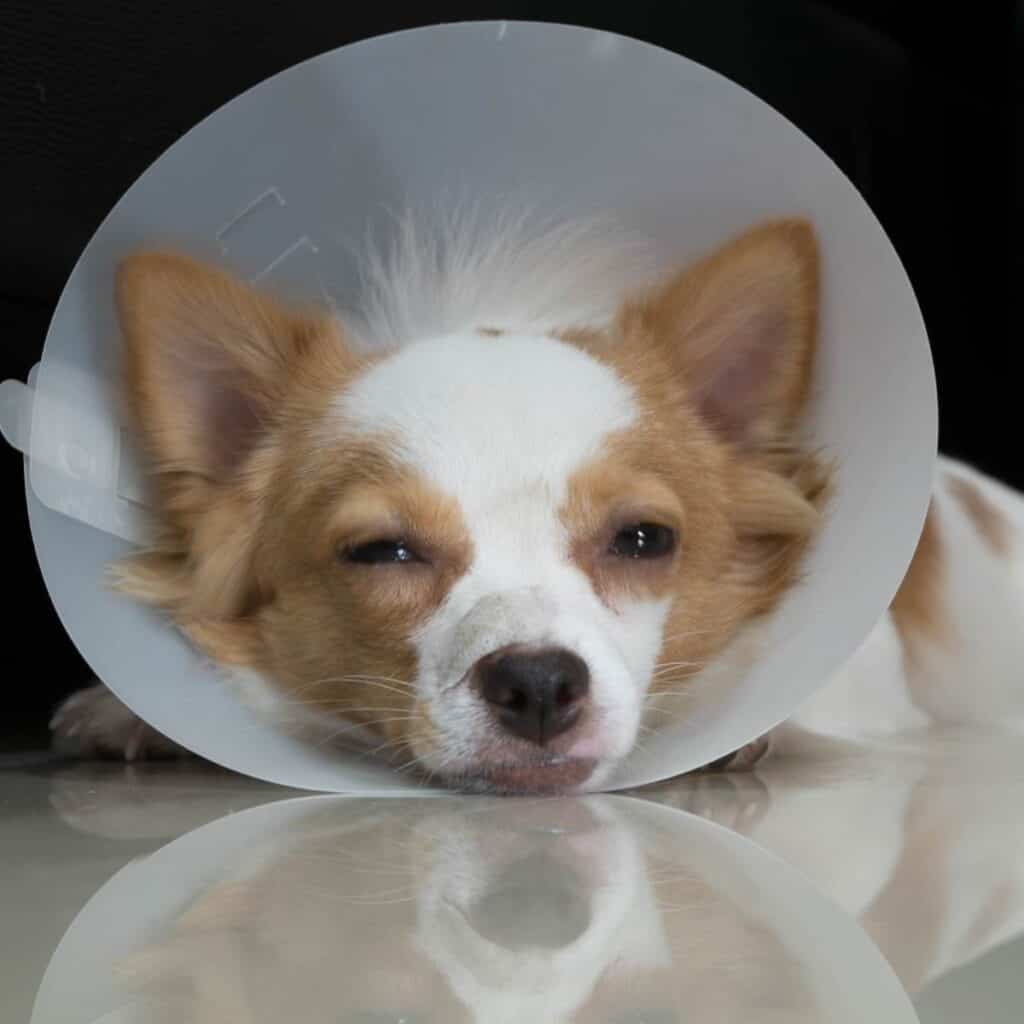
What Is the Recovery Time of Dissolvable Stitches After a Dog Gets Neutered?
Dissolvable stitches last up to four months after your dog’s surgery, but the recovery time is much shorter.
Your dog will need to wear his Elizabethan collar, limit his activity levels, and refrain from bath time for 10-14 days. After this, the incision will be well on its way to healing, and your dog’s behavior should return to normal.
How Long Should a Dog Not Lick After Being Neutered
Dissolvable sutures, like what is used to close your dog’s incision after neutering, come with their pros and cons.
They require no second trip to the vet for removal and tend to be easier on your dog, but they are sensitive to moisture. Because of this, your dog needs to refrain from bathing and licking the wound until the site has fully recovered.
Licking the wound can damage the stitches and potentially re-open the wound. The moisture and bacteria from your dog’s mouth can also lead to an infection.
Keep your dog from licking the wound for 10-14 days after surgery.
Help! My Dog Won’t Wear a Cone After Neutering (alternatives to the Elizabethan collar)
Elizabethan collars are an important part of your dog’s recovery process, but they can cause stress. If your pooch won’t wear a cone after neutering, you do have a few options to consider:
● Soft Elizabethan collars: These are designed like the traditional cone, but they’re made from a softer material that may be more comfortable for your dog.
● Inflatable collars: These are thick, padded collars that look similar to a travel neck pillow. These aren’t the best option for dogs that love to chew, but they do provide better mobility than traditional e-collars.
● Neck control collars: These work by restricting the movement of your dog’s neck. They only cover your dog’s neck, and not his ears and face, so they provide more mobility and comfort.
● Surgical recovery clothing: If your dog doesn’t like anything near his neck and face, this might be a better option. These are shirts that fully cover the incision to restrict access. You can also DIY your own recovering clothing using old t-shirts.
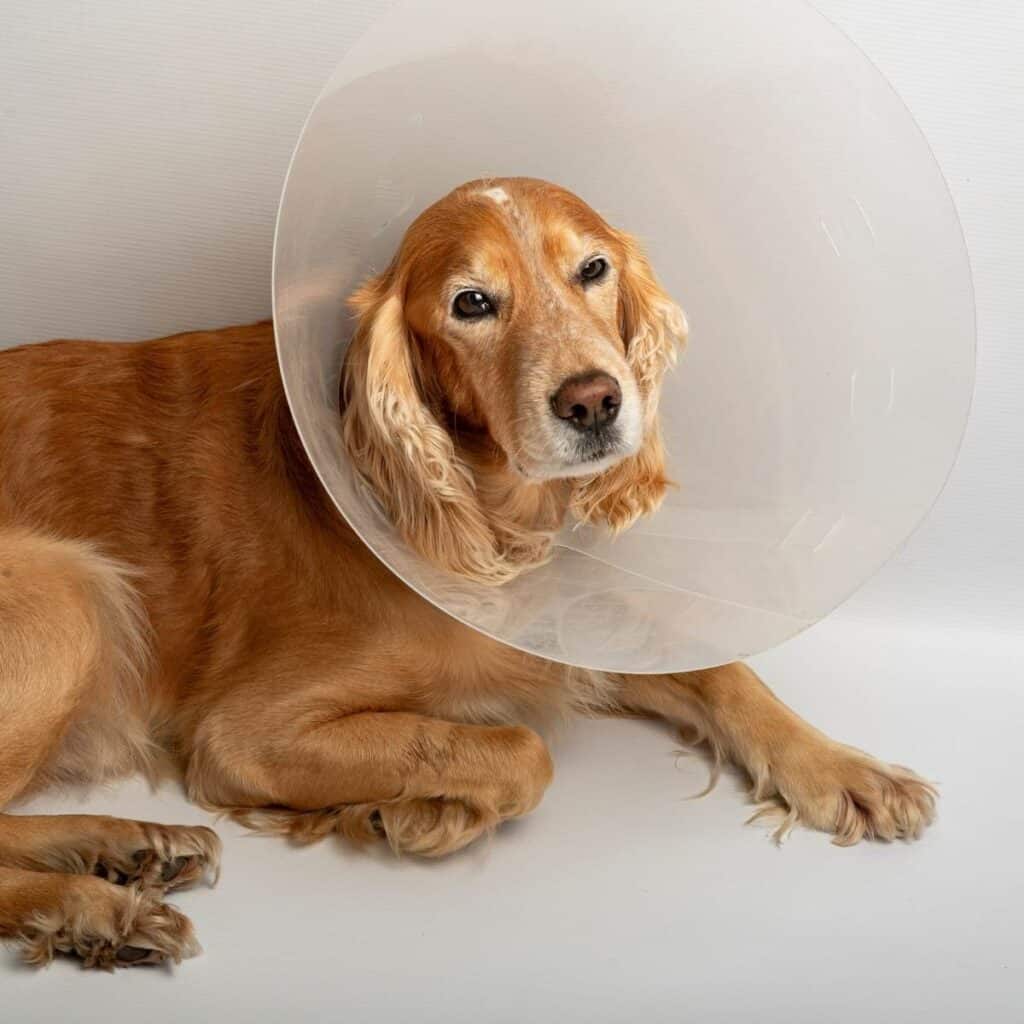
Should They Sleep in a Cone at Night?
Your dog should keep the cone on at all times during their 10–14-day recovery period to prevent any damage to his incision while it heals—that includes at night while they sleep.
The cones are made from a durable material that makes them comfortable for your dog to sleep in, as well as do his other daily activities like eating and using the bathroom.
Is Neutering Right for My Dog?
While the recovery process may seem daunting, neutering is important to keep your pup safe and healthy. Neutering your dog prevents testicular cancer, and it can lower his risk of other prostate and behavioral issues.
As long as you help your dog rest, give him the recommended medications, and limit his physical activity, your dog should be back to their normal self in only two short weeks.
